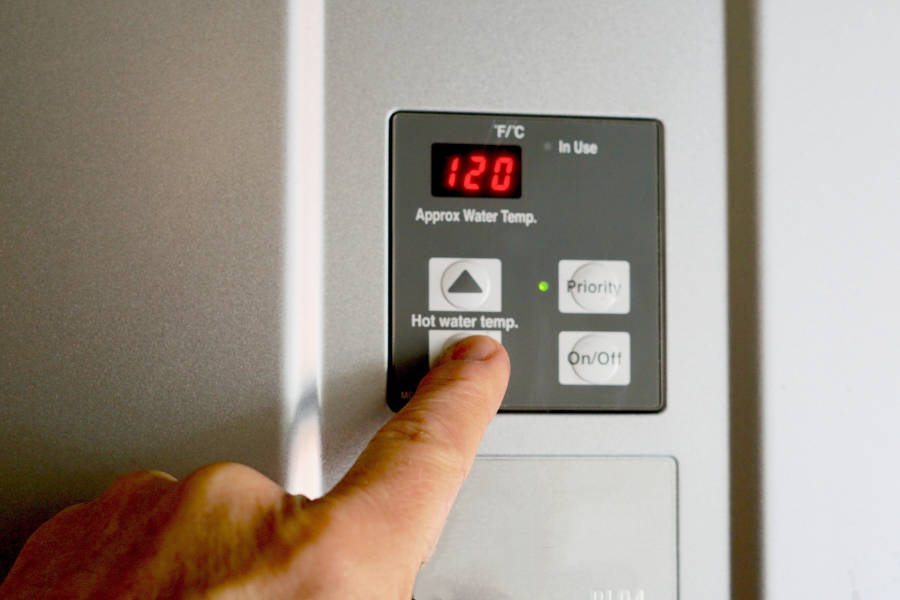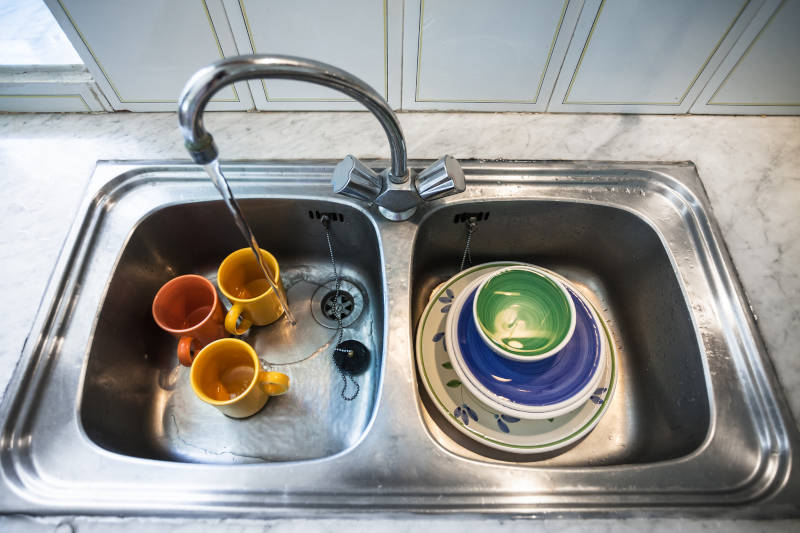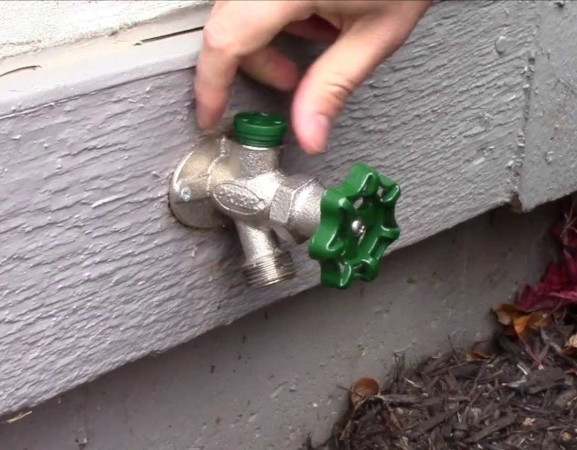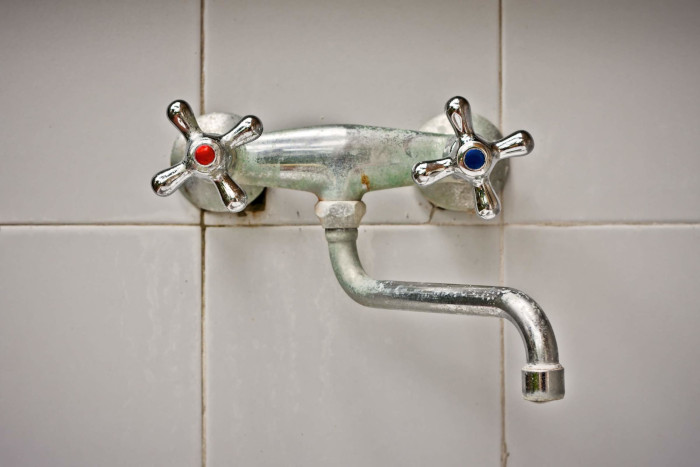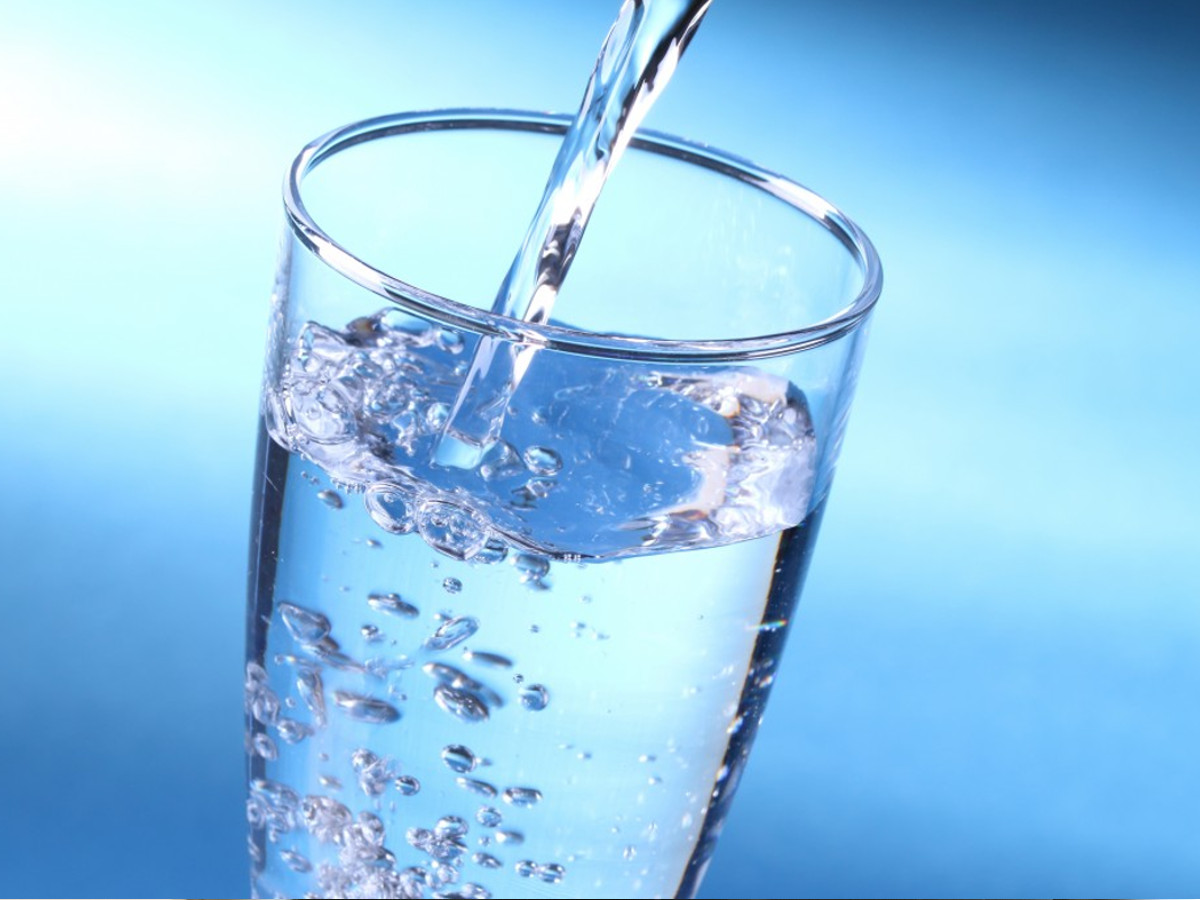Plumbing Tips to Prevent Problems
Plumbing is a craft best left to the experts most of the time. Doing things wrong can result in costly and sometimes dangerous results. But that doesn’t mean you can’t avoid a plumbing problem altogether by taking a few precautions and understanding your home plumbing system better. So we’ve put together a list of the ten simplest tips that can help you stave off plumbing problems.
Clean Your Hot Water Tank
Many people forget to do it, but you should consider cleaning your hot water tank (or have it cleaned professionally by us) every 6 months to a year. This is essential to preventing leaks and buildup that lead to the hot water tank needing replacing.
Know What is Flushable
This sounds like it should be common sense; however, we get a lot of calls about this issue. You should find out and know what’s flushable! Different plumbing systems allow different items to be flushed, so know what your system allows.
Do You Have a Leaky Faucet or Fixture
You might think you’re saving money by staving off a call to the plumber or by doing it yourself “when you get the time,” but a leaky faucet or fixture wastes a lot of money in a short amount of time. That slow drip drip over the course of time ends up being tens of gallons every day that you delay.
Run Water While Using the Garbage Disposal
Yes, you read that correctly. Make sure to keep the water running while using your garbage disposal. When you are done, turn the garbage disposal off first and then turn the water off.
Cover Your Shower Drain
A drain cover in your shower can help prevent hair and debris from clogging your drain.
Know What You Can Pour Down The Drain
Know what’s safe and unsafe to pour down your drain—and in what quantities. Chemicals and grease can cause clogs, corrosion, and damage to your plumbing. Depending on the material your pipes are made of, metal or plastic, some of these things differ.
Clean You Clogged Drain
If your drain is clogged by grease, dish soap is the solution. Debris or hair can be removed with a flexible pick-up tool. Wet vacs or a mix of baking soda and vinegar can also remove some clogs. If you need help, our professionals at Service Pros Plumbing are standing by.
Use Less Corrosive Cleaners
Bleach is corrosive to the rubber and metal parts of your toilet/plumbing. Toilet tabs, which continuously release bleach, will end up causing damage and leaks. Especially when used in the tank instead of the bowl, they wear down the valves in a matter of months. Using less corrosive cleaners or cleaning just once a week is much better for the life of the components of your toilet.
Know Where The Water Shut Off Valves Are Located
Know where all your water shut off valves are—or at least the main water shut off valve. When you have an overflowing toilet or a busted/leaky pipe, getting the water shut off quickly is essential to preventing more damage. Knowing where the closest water shut off is or at least the main shut off valve can help to prevent a lot of damage. If you don’t know, a local plumber can likely help you find it when you call them for maintenance.
Check Your Pressure and Heat Settings
Make sure your pressure and heat settings aren’t too high, or you could be creating unnecessary wear on your fixtures and running up your electricity bill.

